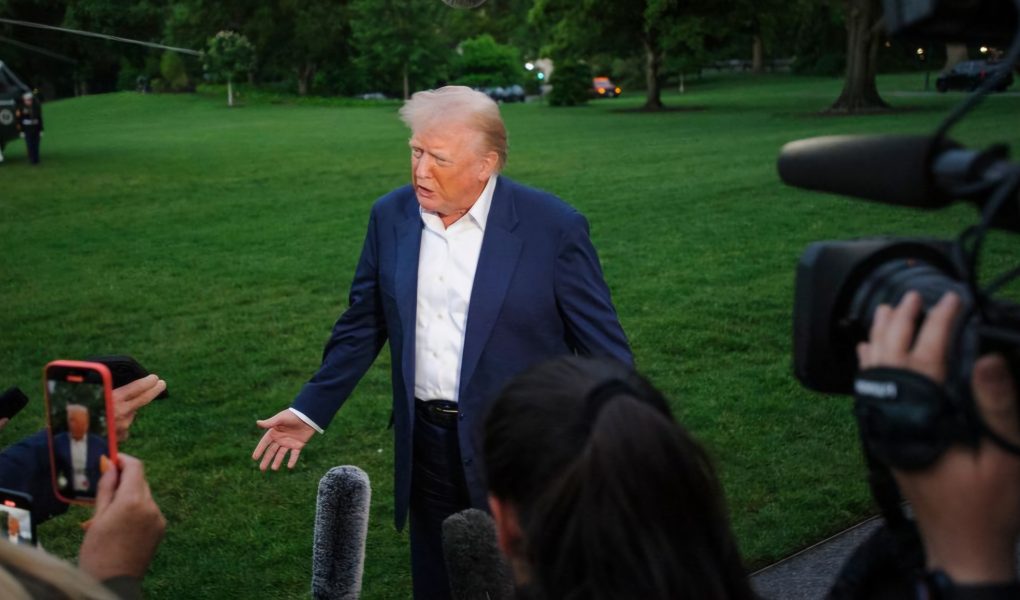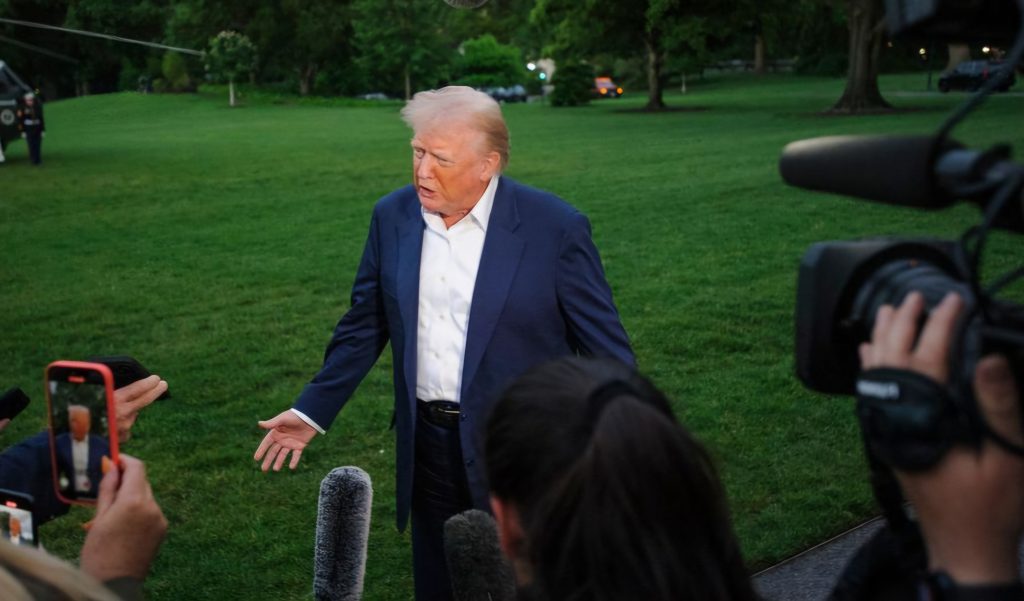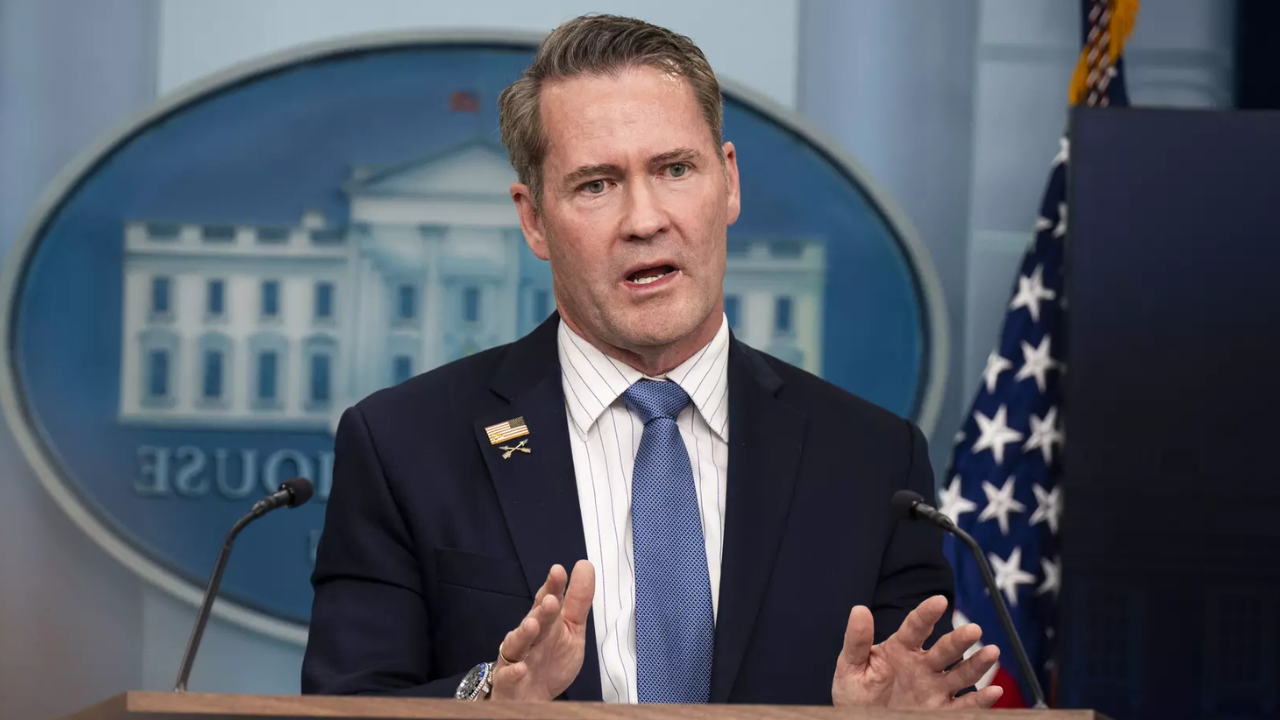In a surprising move, President Donald Trump has announced plans to impose a 100% tariff on films produced outside the United States. This proposal has sent shockwaves through the entertainment industry, raising concerns about its potential impact on global film production, legal feasibility, and the broader economy.
The Announcement and Its Rationale
On May 5, 2025, Trump declared his intention to levy a 100% tariff on all foreign-produced films, citing national security concerns and the need to revitalize the domestic film industry. He argued that foreign production incentives have lured American filmmakers abroad, leading to job losses and a decline in domestic film production. Trump emphasized the urgency of the situation, stating that the American film industry is “dying a very fast death” and that immediate action is necessary to “Make Hollywood Great Again” .
Industry Reaction and Economic Implications
The announcement has unsettled major Hollywood studios and streaming platforms. Stocks for companies like Netflix, Disney, Warner Bros. Discovery, and Paramount dropped over 2% following the news . Industry leaders expressed concern over the potential increase in production costs, especially for projects that rely on international locations and tax incentives. The Motion Picture Association highlighted that Hollywood contributes $22.6 billion in export revenue, with a $15.3 billion trade surplus, underscoring the industry’s global economic significance .
Legal Challenges and Uncertainties
Legal experts question the feasibility of implementing such tariffs. The Berman Amendment of 1988, part of the International Emergency Economic Powers Act, prohibits the president from regulating or imposing tariffs on informational materials, including films. This legal barrier suggests that any attempt to enforce the proposed tariffs could face significant judicial challenges .
International Response and Potential Retaliation
The proposal has also raised concerns among international partners. Countries like Canada, the UK, Ireland, and Australia, which have benefited from hosting American film productions, fear economic repercussions. Canadian Prime Minister Justin Trudeau criticized the tariffs and hinted at possible retaliatory measures, including rescinding tax credits that have attracted U.S. productions . Such actions could further strain international relations and disrupt the global film industry.
Trump’s proposed 100% tariff on foreign films has introduced significant uncertainty into the entertainment industry. While aimed at boosting domestic production, the plan faces legal obstacles and risks triggering international retaliation. As the administration deliberates on the policy’s implementation, stakeholders across the industry remain on edge, awaiting clarity on the future of global film production and distribution.




